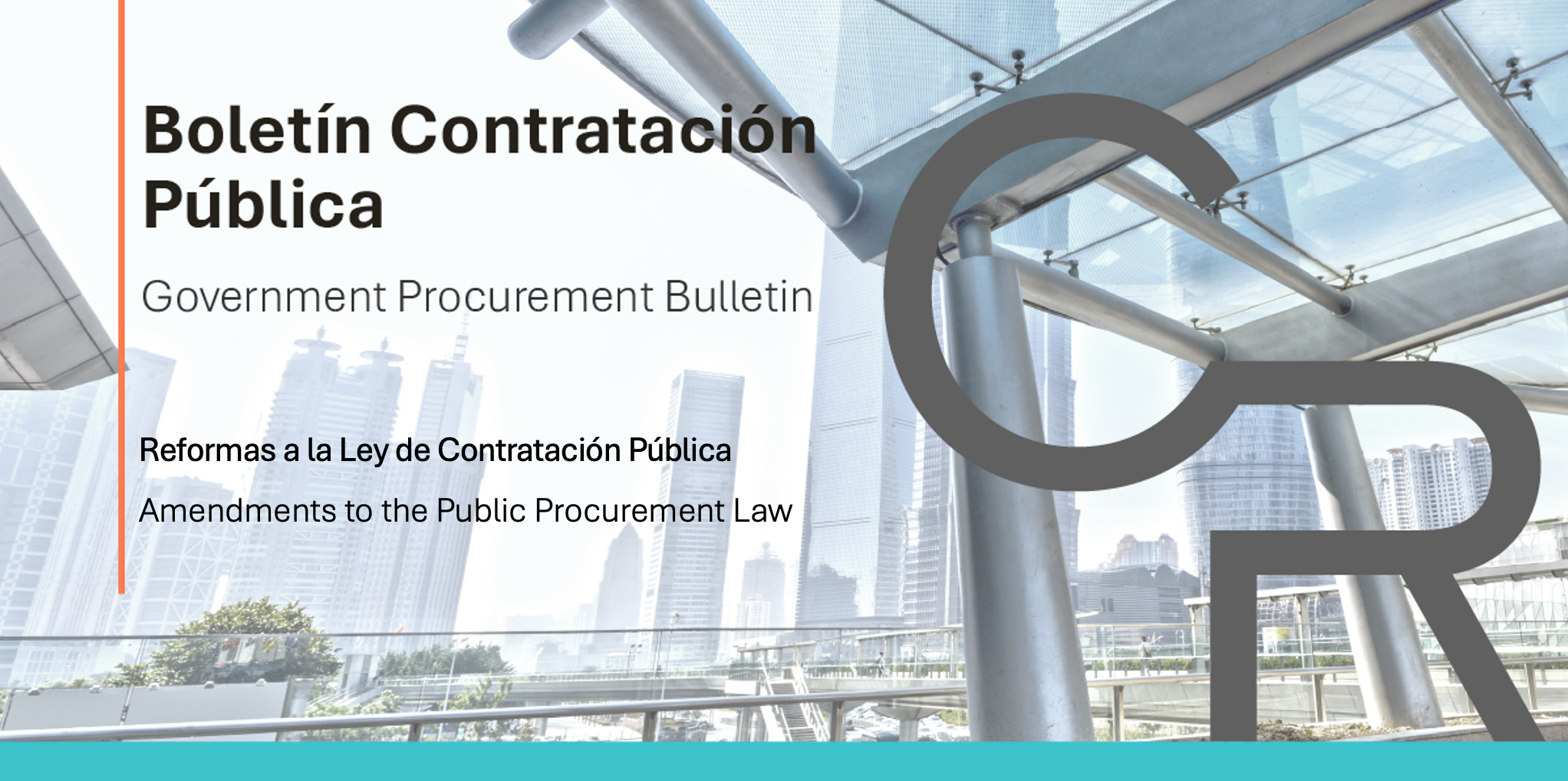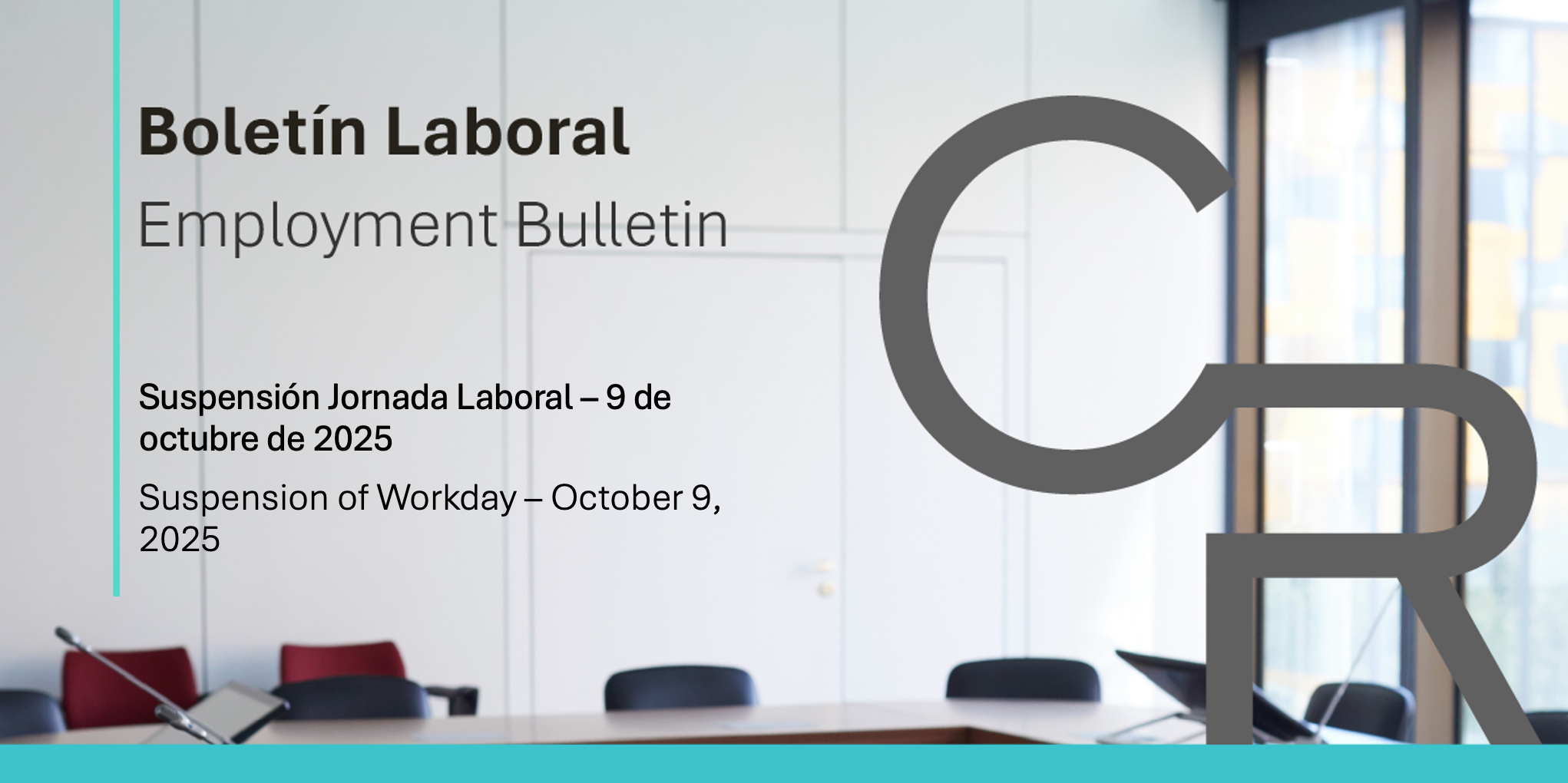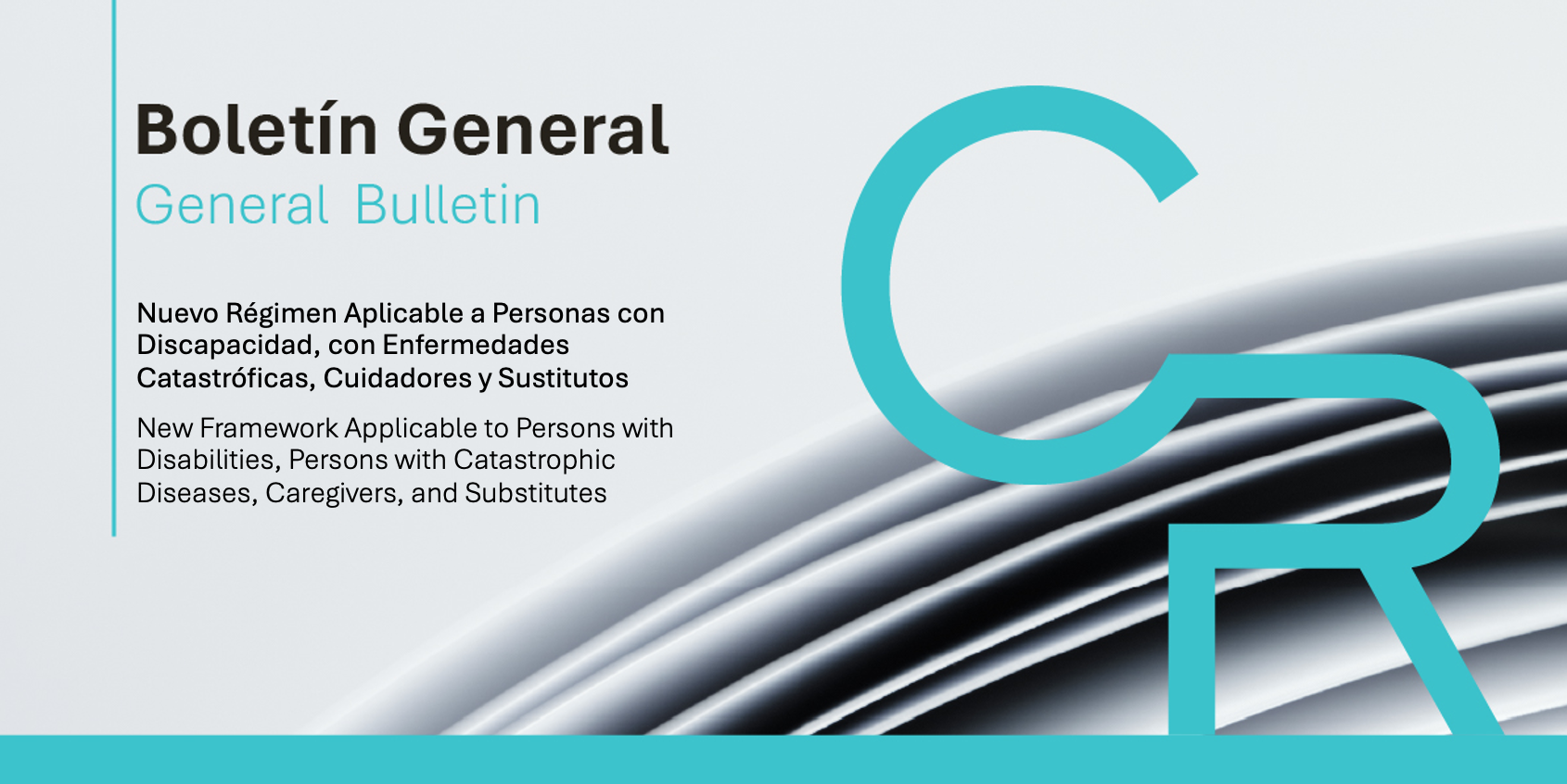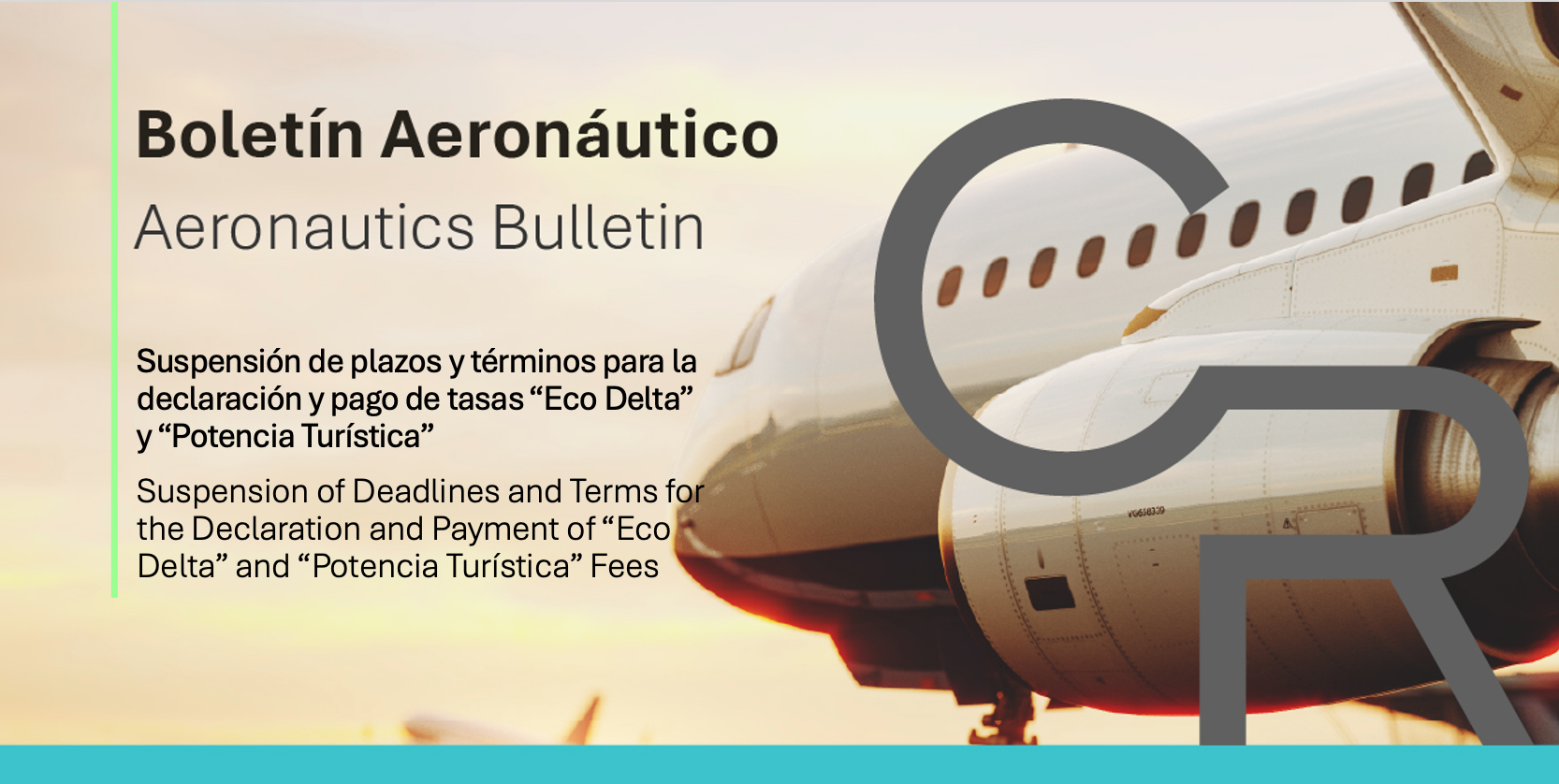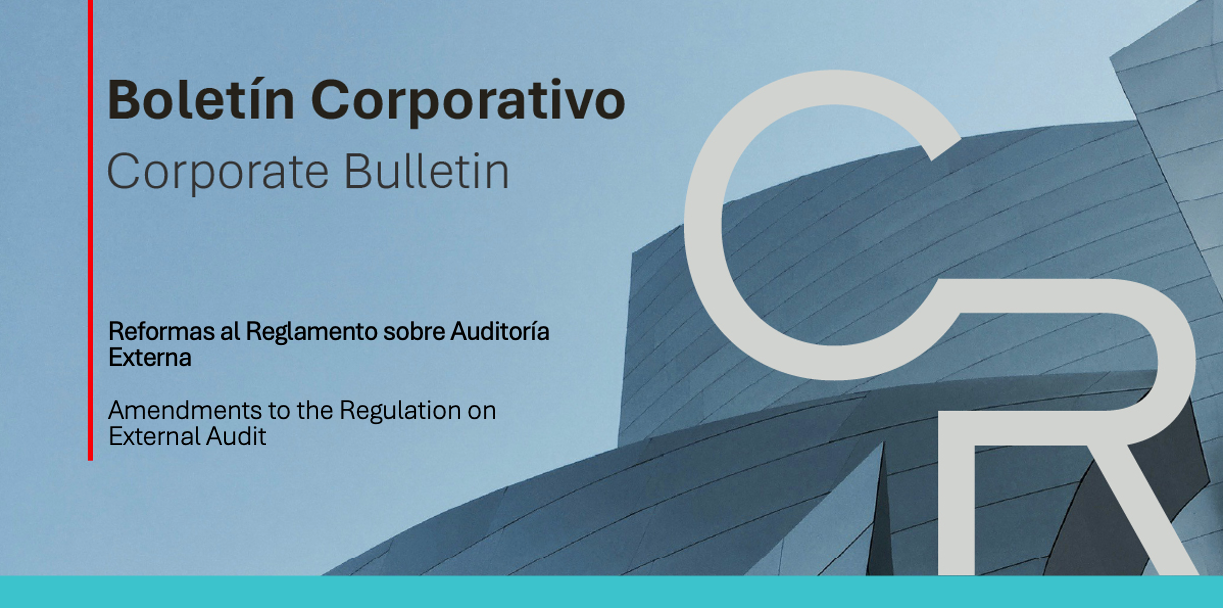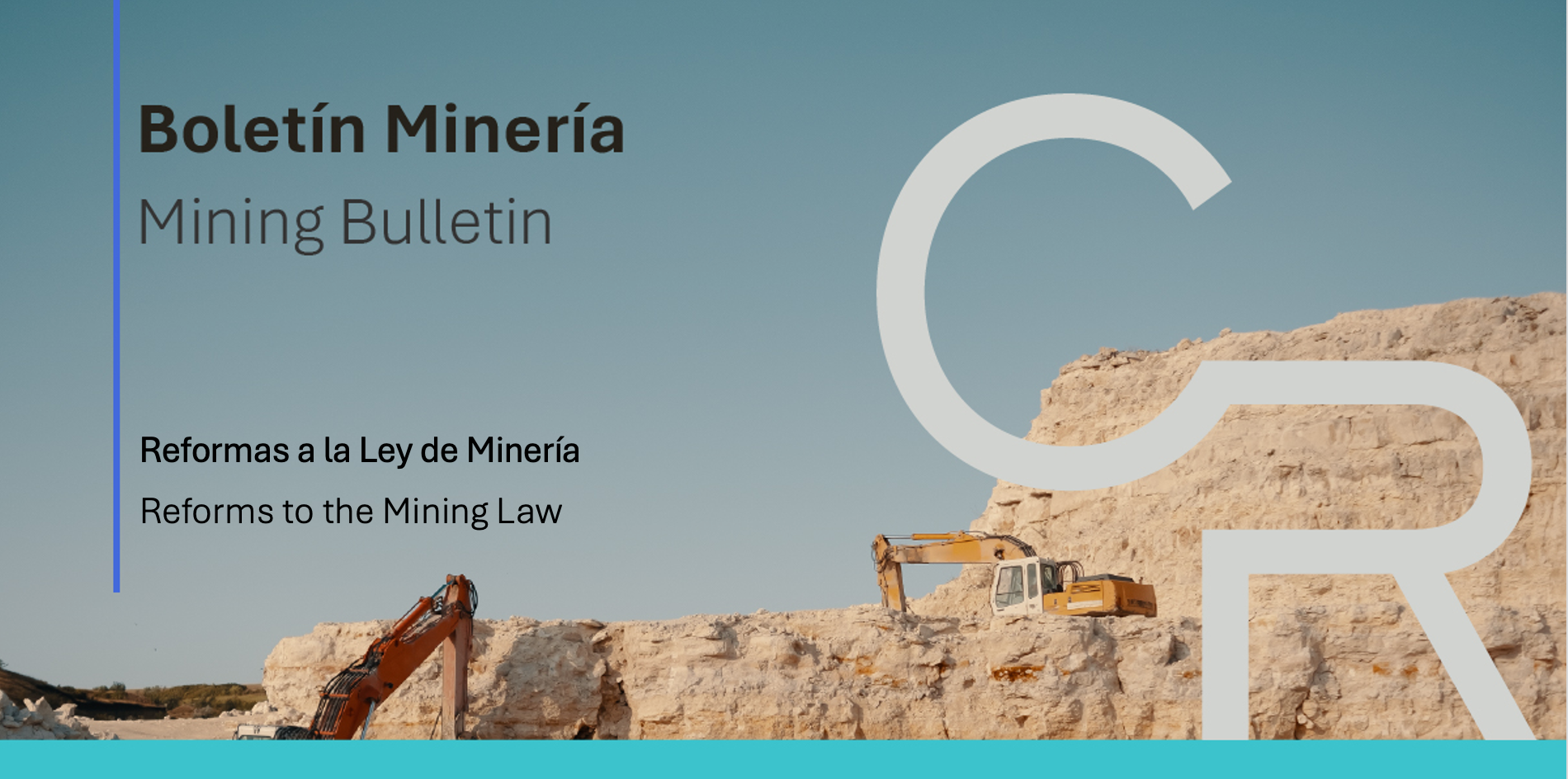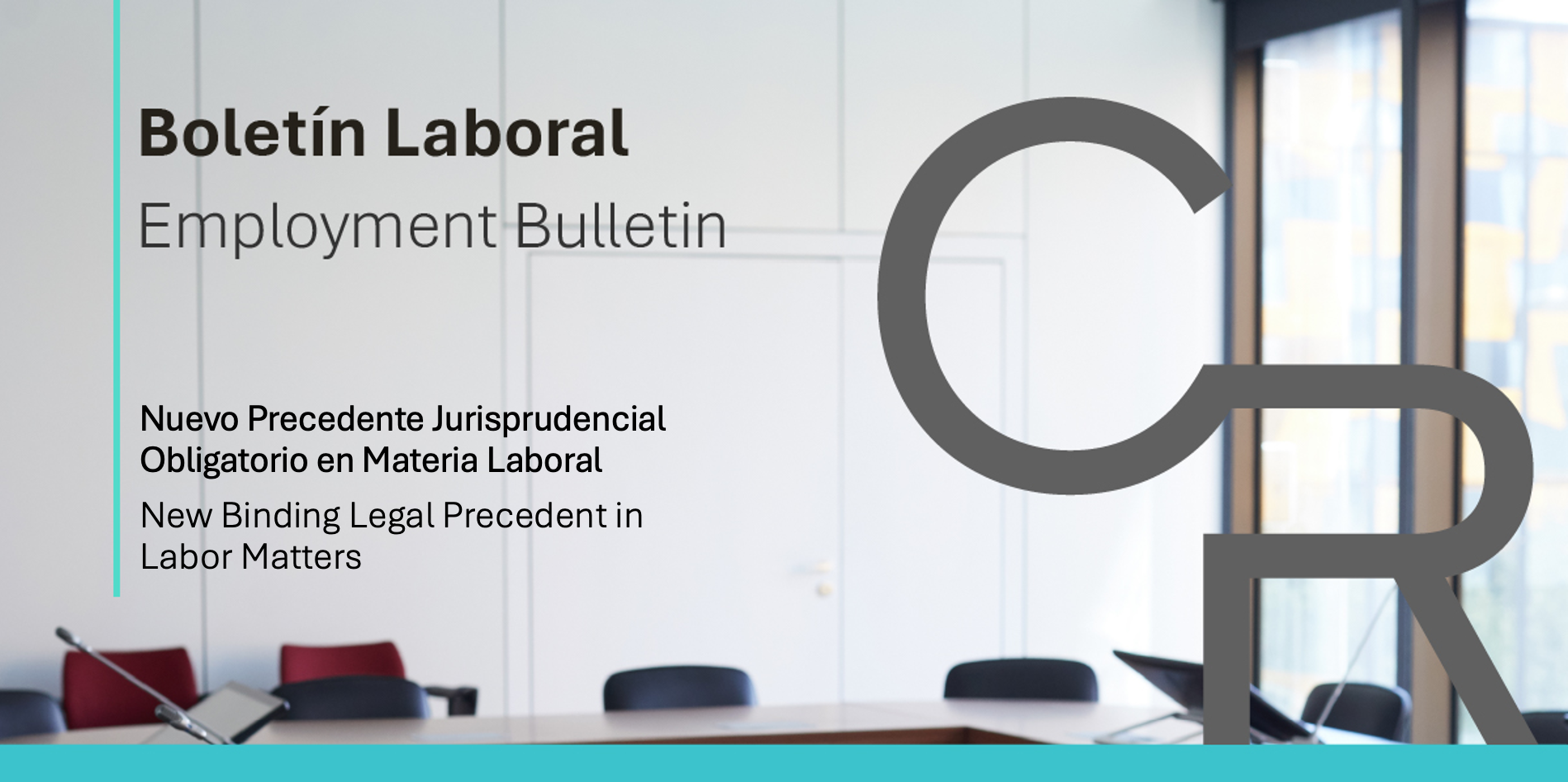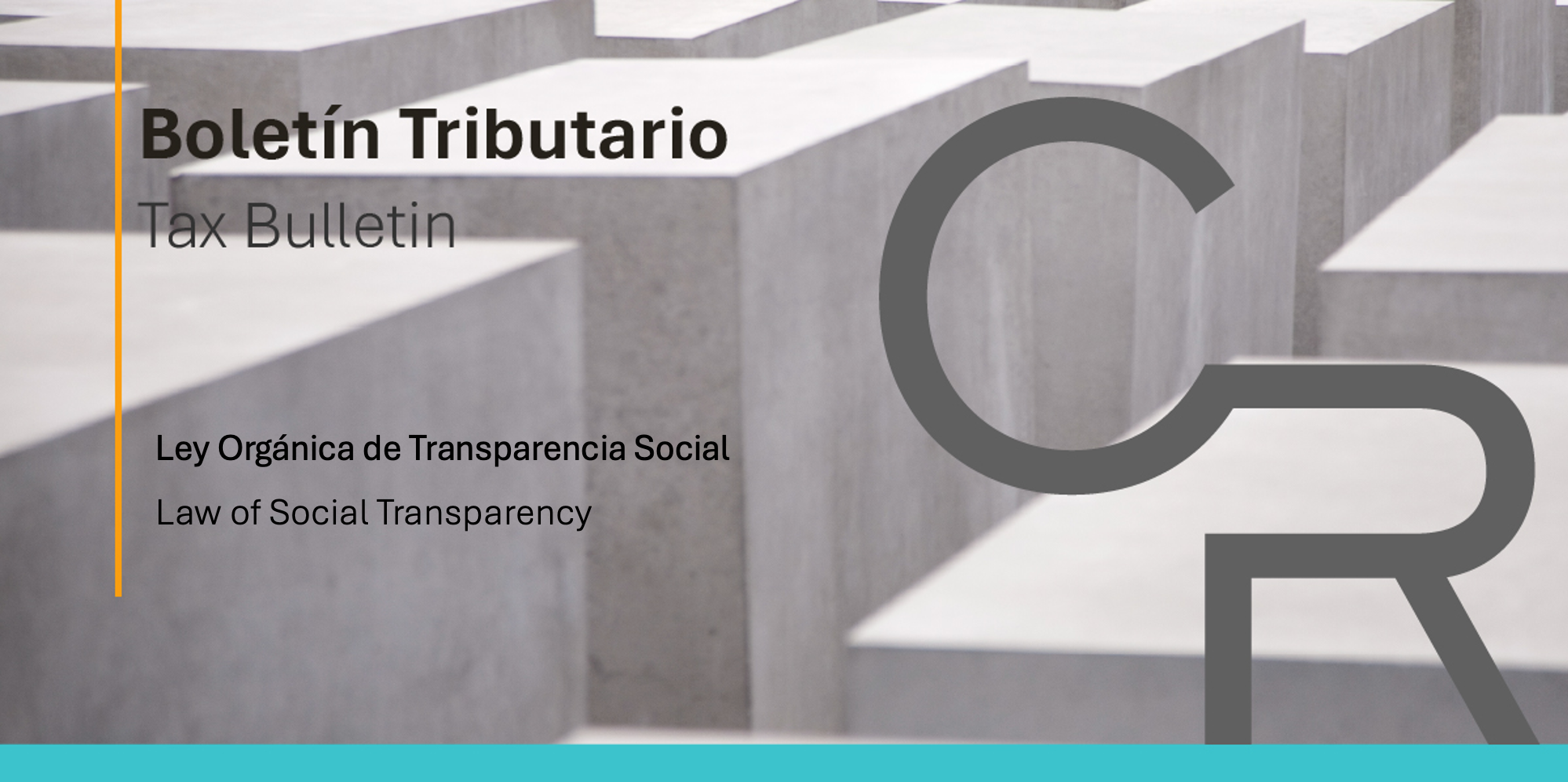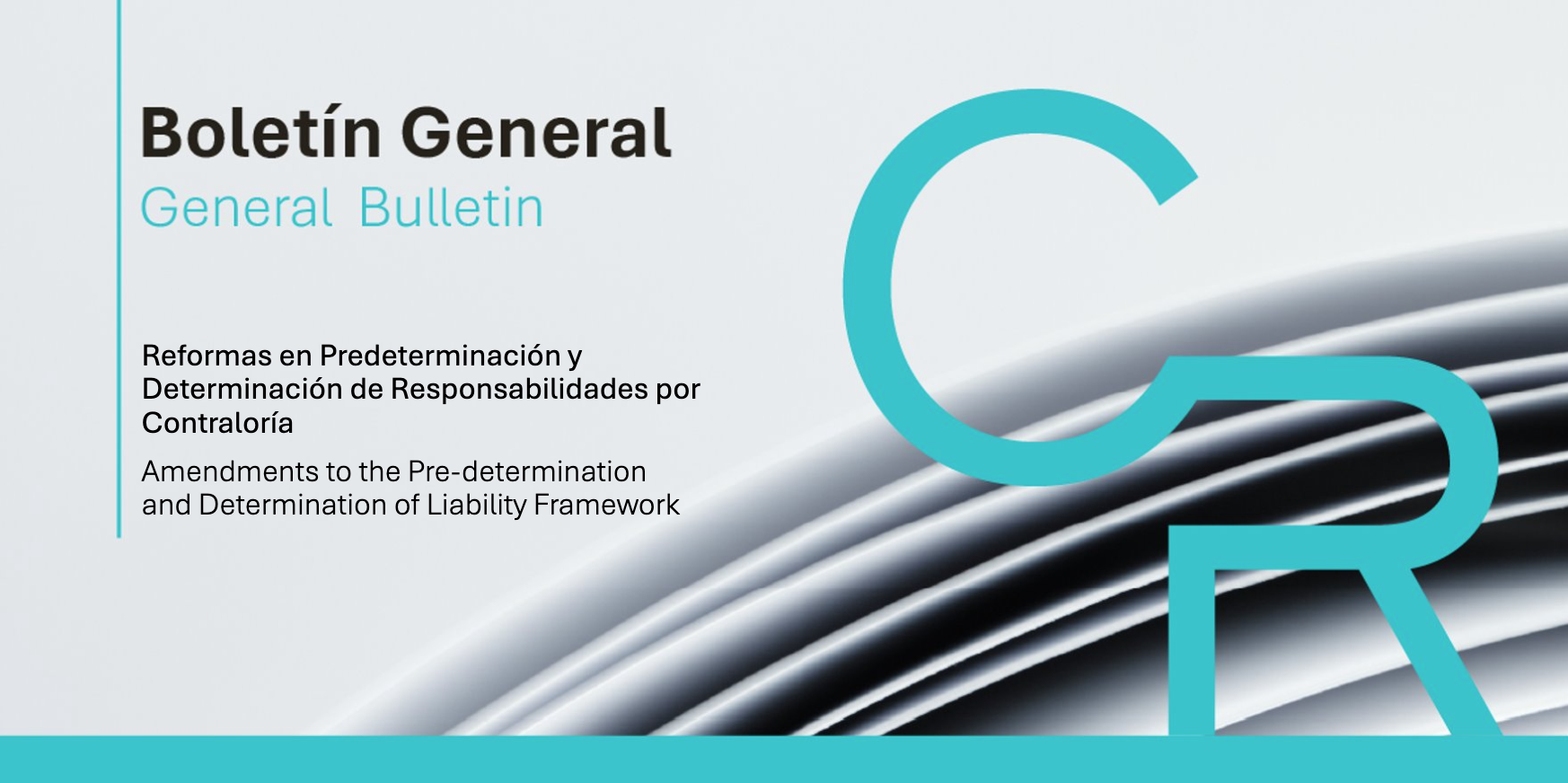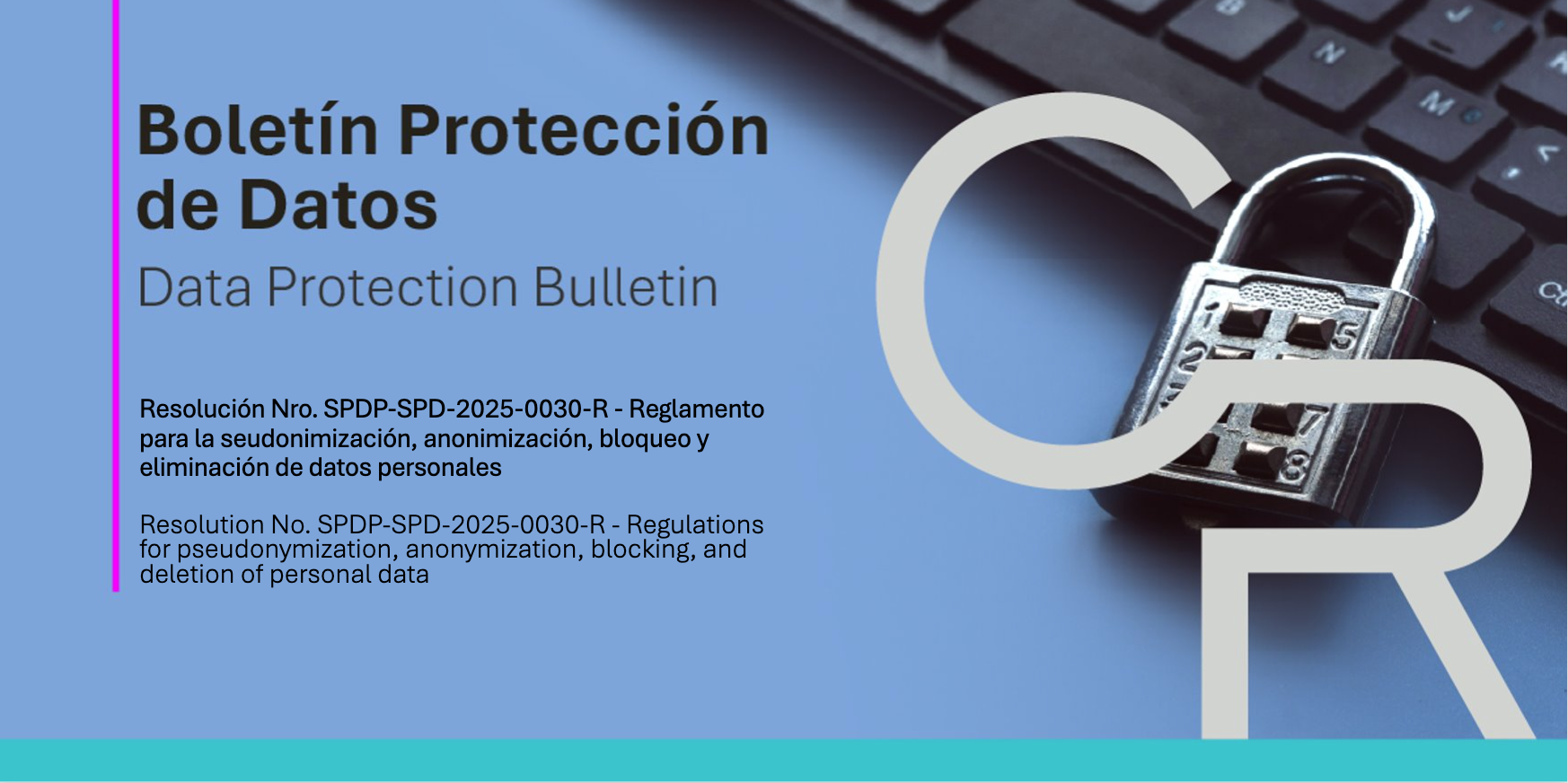The Law Reforming the Law on Public Procurement (“LOSNCP”) was published in the Official Gazette No. 140 on October 7, 2025.
Below is a summary of the main amendments.
- The concept of “best value for money” is incorporated as one of the guiding principles of public procurement.
- The LOSNCP does not apply to Public-Private Partnership (“PPP”) projects, unless expressly referred to in the relevant PPP regulations, bidding documents, or contracts.
- The National Public Procurement Service (“SERCOP”) may issue models and methodologies, but is no longer authorized to issue secondary regulations governing the National Public Procurement System.
- Inter-administrative contracts. Public contracting entities may not associate with private companies or subcontract them for more than 30% of the total contract value. Any subcontracting requires prior authorization from SERCOP.
- Electronic Catalog. Contracting entities should preferably procure goods and services listed in SERCOP’s electronic catalog (the “Electronic Catalog”).
- Electronic Reverse Auction and Bidding. The Electronic Reverse Auction shall be used when the required good or service is not listed in the Electronic Catalog and the award is based solely on the lowest price. When evaluation criteria other than price are considered, the Bidding procedure shall apply.
- Consulting services are excluded from the Electronic Catalog and must be procured through a Public Tender when the reference budget exceeds US$10,000. Contracts at or below this threshold may be awarded under the Minimal Amount (“Ínfima Cuantía”) procedure.
- Response to contractors. During contract execution, public entities must respond to contractor requests within a maximum of 10 business days from notification.
- Any penalty imposed on the contractor shall be calculated based on the value of the unfulfilled obligation.
- Payments to contractors must be made within a maximum of 2 months after fulfillment of the contractual conditions precedent.
- Termination by mutual agreement. When a contract is terminated by mutual agreement, the contracting entity may directly procure the pending obligations within 2 months from the termination date, provided that such obligations are not contracted with the same contractor.
- Administrative appeals in public procurement matters shall be governed by the provisions of the Administrative Code (“Código Orgánico Administrativo”).
- During the pre-contractual phase, a bidder may file a complaint before SERCOP if the contracting entity fails to comply with applicable regulations. SERCOP or the complainant may request suspension of the procurement process, subject to the requirements established in the forthcoming regulations to the LOSNCP.
- Audit Fines (“glosas”). Before making the final payment, contracting entities must consult the Office of the Comptroller General of the State to determine whether the contractor has any enforceable and unappealed fines (glosas). If such fines exist, the corresponding amounts shall be withheld and offset against the final payment.
Public procurement procedures initiated before October 7, 2025, will continue to be governed by the prior regulations.
The President of the Republic must issue the new regulations on the LOSNCP by November 21, 2025.

Hugo García Larriva, Partner at CorralRosales
hgarcia@corralrosales.com
+593 2 2544144


